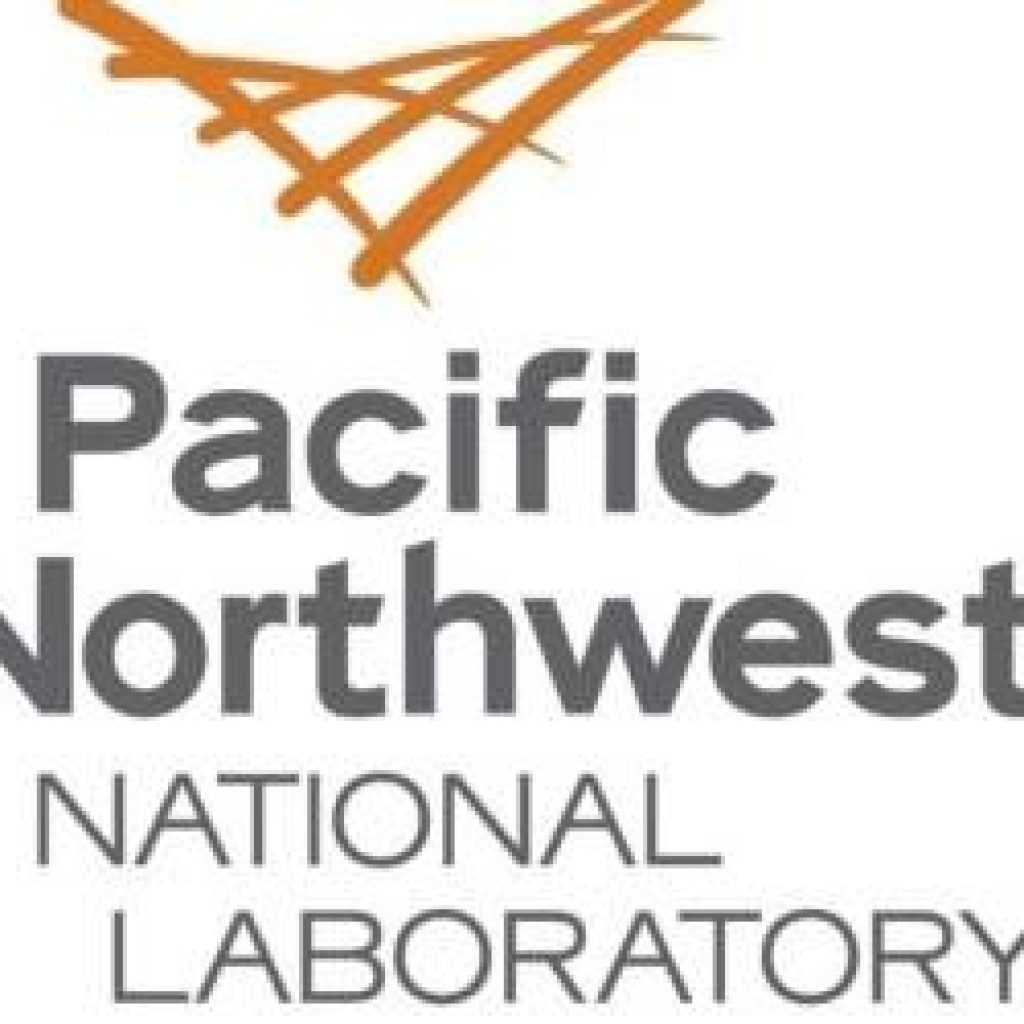(Phys.org) Quantum computing is still very sensitive to noise and disruptive factors in the environment. This makes quantum computing “noisy” as quantum bits—or qubits—lose information by getting out of sync, a process called decoherence.
To overcome the limitations of current quantum computers, researchers at Pacific Northwest National Laboratory (PNNL) are developing simulations that provide a glimpse into how quantum computers work.
“When we try to directly observe the behavior of quantum systems, like qubits, their quantum states will collapse,” said PNNL Computer Scientist Ang Li. Li is also a researcher for the Quantum Science Center and the Co-Design Center for Quantum Advantage—two of the five Department of Energy National Quantum Information Science Research Centers. “To get around this, we use simulations to study qubits and their interaction with the environment.”
Li and collaborators at Oak Ridge National Laboratory and Microsoft use high performance computing to develop simulators that mimic real quantum devices for executing complex quantum circuits. Recently, they combined two different types of simulations to create the Northwest Quantum Simulator (NWQ-Sim) to test quantum algorithms.
“Testing quantum algorithms on quantum devices is slow and costly. Also, some algorithms are too advanced for current quantum devices,” said Li. “Our quantum simulators can help us look beyond the limitations of existing devices and test algorithms for more sophisticated systems.”
Li and collaborators at Oak Ridge National Laboratory and Microsoft use high performance computing to develop simulators that mimic real quantum devices for executing complex quantum circuits. Recently, they combined two different types of simulations to create the Northwest Quantum Simulator (NWQ-Sim) to test quantum algorithms.
Project lead Brent VanDevender, and colleague John Orrell, teamed up with researchers at the Massachusetts Institute of Technology (MIT) and MIT’s Lincoln Laboratory used a lead shield to protect qubits from radiation. They designed the shield for use within a dilution refrigerator—a technology used to produce the just-above-absolut
Sandra K. Helsel, Ph.D. has been researching and reporting on frontier technologies since 1990. She has her Ph.D. from the University of Arizona.
